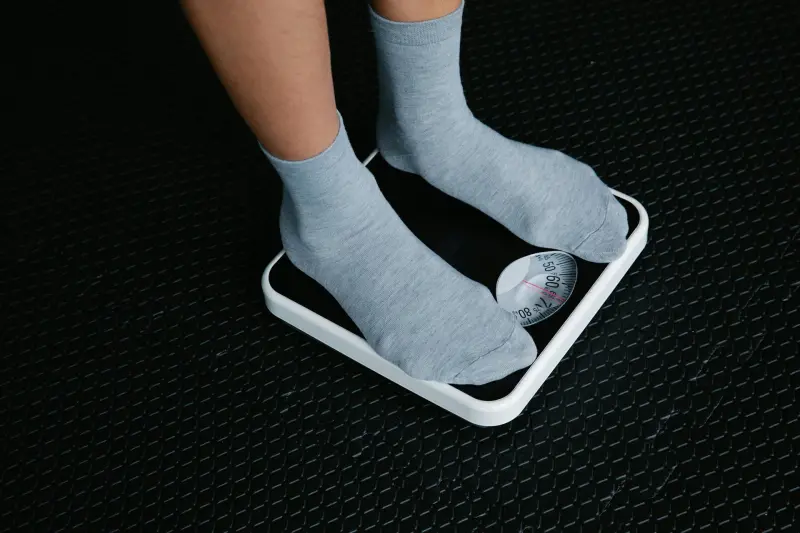Beyond the Scale: Smarter Ways to Track Your Weight Loss Progress
We’ve all been there: stepping onto the scale every morning, only to find wildly different numbers staring back at us day after day. It’s enough to make you wonder if the scale is broken—or if your body is just playing tricks on you. Then you open one of your three Excel spreadsheets to try and make sense of it all, averaging out the highs and lows like a stock market analyst.
Sound familiar?
As a trainer and nutritionist, I’ve seen the scale wreak emotional havoc on clients who are genuinely putting in the work. The truth is, while weight can be a helpful data point, it’s far from the only—or even the best—way to measure progress.
In fact, focusing too much on the number on the scale can take the joy out of getting healthier. That’s why I encourage my clients to look at weight loss and fitness from a broader perspective. Here are several alternative (and sometimes better) ways to track your journey:
1. How Your Clothes Fit
Forget the scale for a second—what are your jeans telling you? Noticing that your favorite pair of pants is fitting more loosely? That’s a win. Clothing fit is one of the most immediate and tangible signs that your body is changing, especially if you’re building muscle while losing fat.
2. Progress Photos
Taking weekly or bi-weekly progress photos can reveal changes that the mirror—and the scale—might not catch. Just snap a photo under the same lighting, at the same time of day, and in similar clothing. Over time, you’ll likely be surprised at the transformation that unfolds before your eyes.
3. Measurements
Grab a soft measuring tape and take note of your waist, hips, thighs, chest, and arms. Do this every couple of weeks. Unlike the scale, body measurements can provide a clearer picture of fat loss, especially if you’re also gaining muscle mass.
4. Energy Levels
Are you feeling more energetic throughout the day? Can you make it through your workouts without crashing or needing extra caffeine? Improved energy is a subtle but powerful sign that your body is functioning better and adapting to your healthier lifestyle.
5. Fitness Gains
Another way to measure progress: performance. Are you lifting heavier weights, running longer distances, or finally conquering those push-ups? These milestones are huge indicators of physical improvement, often more rewarding than any number on the scale.
6. Mood and Mental Health
It may not be as easily measured as inches lost, but your mood is a meaningful marker of progress. If you’re feeling less anxious, more confident, or sleeping better, you’re making major strides—even if your weight hasn’t budged yet.
A Word on the Scale
This isn’t to say the scale is totally useless. It can serve a purpose, especially when tracked over longer periods. But it’s important to use it as one tool among many—not the ultimate decider of success or failure. Daily weight fluctuations are normal and can be influenced by everything from water retention to hormonal changes and salt intake.
If you choose to weigh yourself, do it no more than once a week under consistent conditions (same time of day, similar clothing, etc.), and always pair that data with other forms of progress tracking.
Don’t Obsess—Observe
The biggest tip I give my clients is this: progress should feel empowering, not exhausting. If you find yourself stressing over numbers, take a step back and focus on how you feel and what you’re capable of. The journey toward better health is multi-faceted, and obsessing over a single metric can often hide just how far you’ve come.
Remember, you’re not just losing weight—you’re gaining strength, confidence, and resilience.
Want help setting up a holistic progress tracker or understanding what’s realistic for your body? I’d be happy to help you build a custom plan that’s about more than numbers.
Let me know if you want this article adapted into a newsletter, social post, or downloadable guide!



